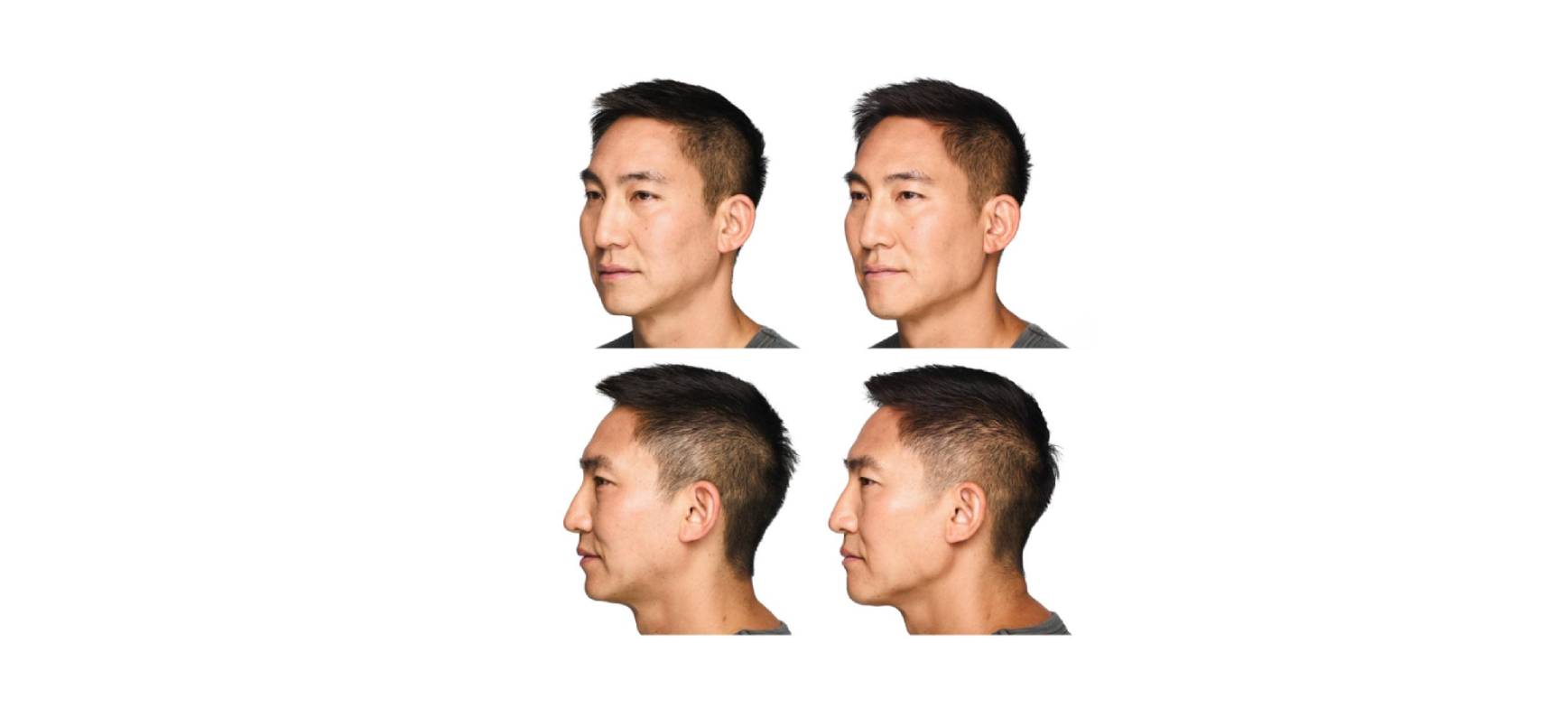Omega-3 fatty acids, present in foods like walnuts, seafood, fatty fish, and certain oils, are widely acclaimed for their remarkable health benefits. But understanding these compounds is far from simple. Here’s an overview of what we know about Omega-3s and what we still need to learn.
Understanding Omega-3s: A Historical Perspective
Comprised of three types – ALA, EPA, and DHA – Omega-3s have been part of human diets for generations. Historically, humans consumed omega-3 and omega-6 fatty acids in a 1:1 ratio. However, with the influx of processed foods in the 20th century, this ratio changed to an estimated 15:1 to 20:1, as highlighted by Dr. Roxanne B. Sukol at the 2023 Rheumatology Nurses Society annual conference.
Benefits for Mental and Heart Health
Renowned for fighting depression, lowering inflammation, and reducing markers of heart disease, omega-3s are among the most studied nutrients in the world. Their potential for mental and heart health is supported by numerous scientific studies.
Skin and Hair: A Lesser-Known Advantage
One of the intriguing aspects of omega-3s is their effect on skin and hair.
# 1. Sun Damage Protection
Studies have shown the potential of DHA and EPA to protect against UV rays. Supplementation increased resistance to sunburns in some cases, while topical application reduced skin redness after UVB exposure. The evidence also points to a possible reduction in symptoms of certain photosensitivity disorders.
# 2. Acne Reduction
Omega-3s may help prevent or reduce acne severity. Since they have anti-inflammatory properties, and new evidence indicates inflammation as a primary cause of acne, omega-3s might indirectly combat acne. Some research even suggests they can ease the side effects of specific acne medications.
The Modern Challenge: Rebalancing Omega Fatty Acids
The significant shift in the ratio of omega-3s to omega-6s presents modern challenges. Dr. Sukol emphasized the importance of a mindful diet, advocating for natural sources like fish, leafy green vegetables, nuts, and avoiding processed foods and partially hydrogenated fats. She also acknowledged that “we don’t understand the whole story yet,” recognizing the complexities in these compounds’ roles in rheumatic diseases.
Conclusion
Omega-3s are vital components with versatile benefits that extend from mental well-being to skin care. The modern diet has altered our consumption of these essential fatty acids, posing challenges to our health. To combat this unnatural imbalance, professionals recommend a more mindful dietary approach.
While we’ve made significant strides in understanding omega-3s, uncertainties remain, and more research is required. The current wisdom is that maintaining a balance in consumption and choosing natural sources can guide us toward long-term health, even as we continue to unravel the full potential of these fascinating nutrients.






